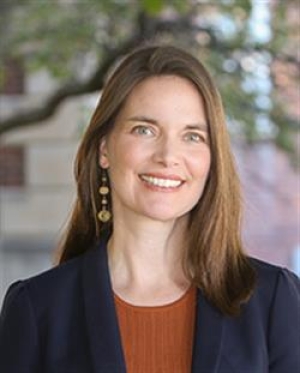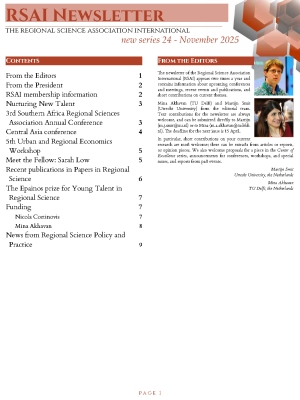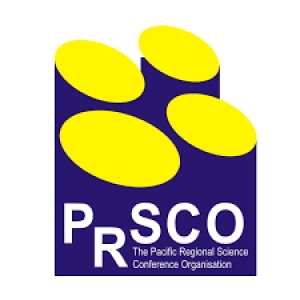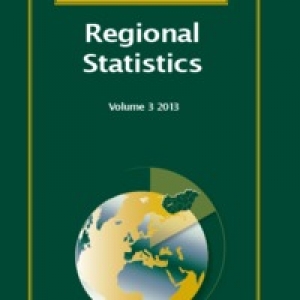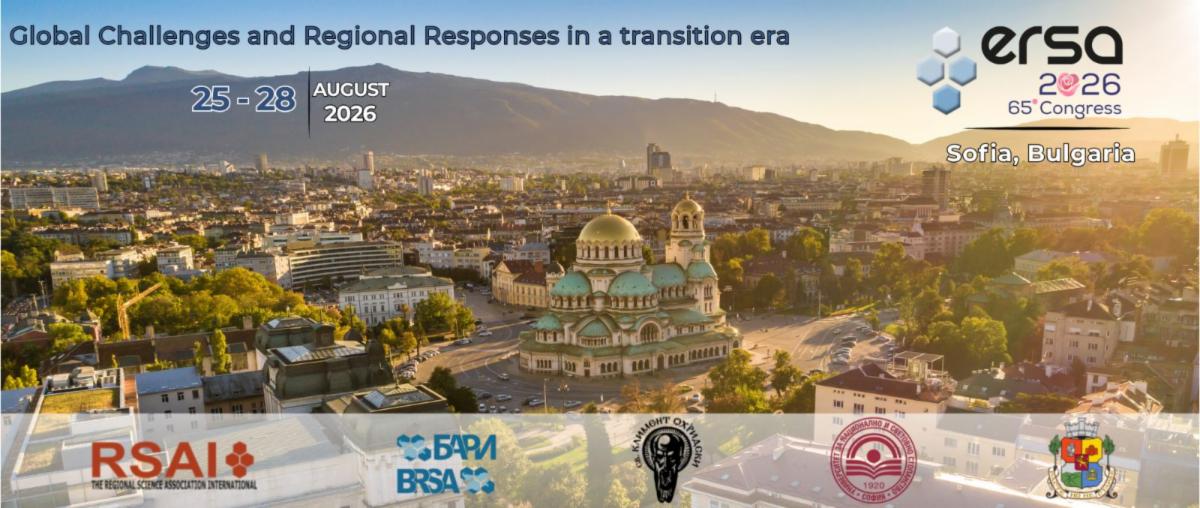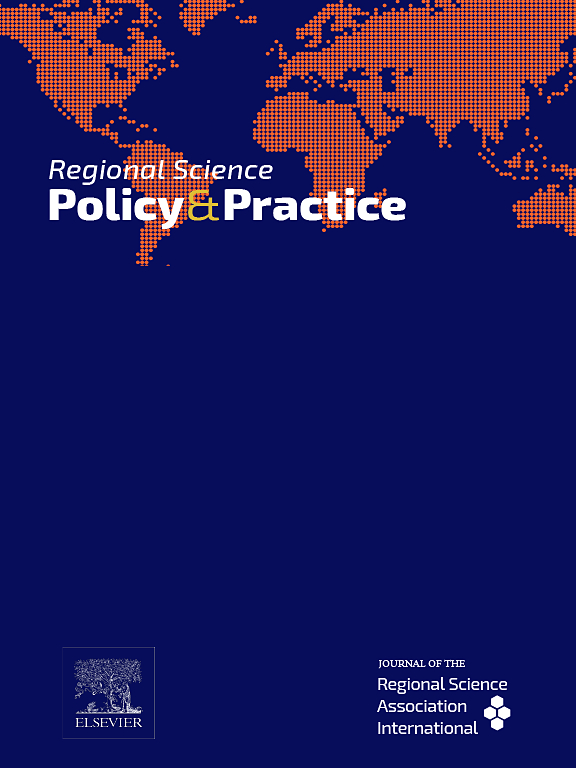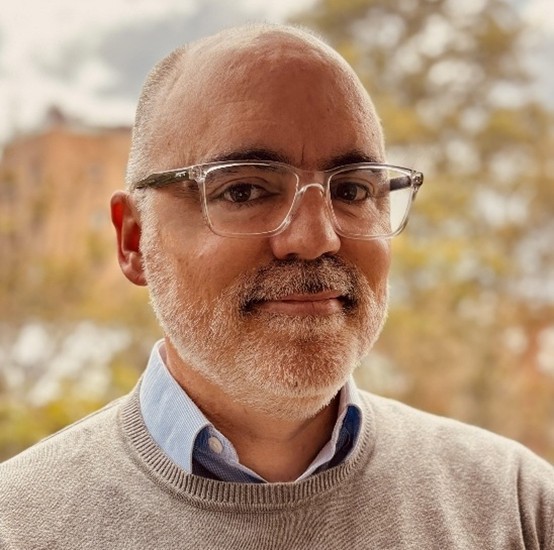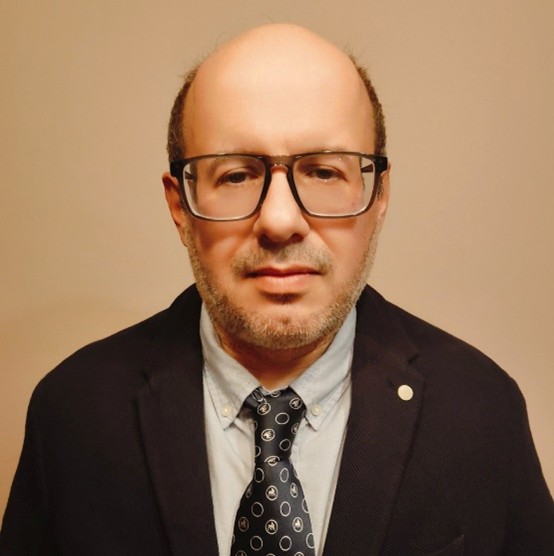Elisabete Martins
Sarah Low
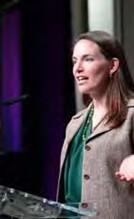 SARAH LOW, PROFESSOR AND head of the Department of Agricultural and Consumer Economics within the College of Agricultural, Consumer and Environmental Sciences at the University of Illinois Urbana-Champaign, has been named a Fellow of the Regional Science Association International — the highest honor in the field of regional science.
SARAH LOW, PROFESSOR AND head of the Department of Agricultural and Consumer Economics within the College of Agricultural, Consumer and Environmental Sciences at the University of Illinois Urbana-Champaign, has been named a Fellow of the Regional Science Association International — the highest honor in the field of regional science.
Low will be formally recognized at the 72nd Annual North American Meetings of the Regional Science Association International, taking place Nov. 12–15, 2025, in Denver, Colorado. This honor is reserved for scholars who have made outstanding and sustained contributions to the advancement of regional science, an interdisciplinary field that examines the spatial dimensions of economics, geography, and planning.
Low began attending meetings of the Southern Regional Science Association (SRSA) and NARSC in 2004 and was the late Prof. Andrew Isserman’s last PhD student. She was president of SRSA 2018-19 and serves as the Chair of NARSC in 2025. For almost 15 years, she has co-organized the Regional/ Rural Development sessions at NARSC. She was the opening keynote speaker at the 2024 RSAI World Congress in Kecskemét and an editor of ERSA’s Global Challenges in Regional Science journal.
“I’m deeply honored to be recognized by my peers in this way,” Low said. “Regional science has tremendous potential to inform policy and decision- makers, while strengthening communities. When we listen, collaborate, and co-create knowledge, we can generate insights that truly improve local economies and people’s lives.”
A hallmark of Low’s research and leadership is her focus on connecting economic science with real-world decision-making to support regional economic development. Drawing on her experience in the federal government, she emphasizes the importance of collaboration with stakeholders and policymakers to ensure that research delivers practical value to communities. Her work spans topics such as business dynamics, broadband impacts, rural household prosperity, value-added agriculture, and the development of entrepreneurial ecosystems.
Low’s recent publications highlight participatory research as a method to enhance both scientific rigor and community outcomes, including “Collaboration: A condition for Advancing Federal and State Rural Development Research”, “Rural Development: Perspectives from Federal and State Experiences with a Broadband Example” and “Integrating Research and Extension to Improve Community Participation in Broadband Projects.”
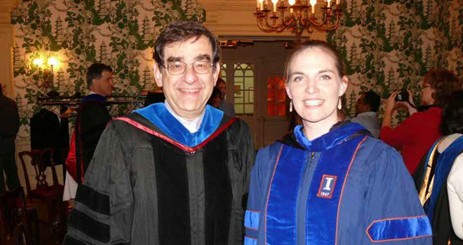
Sarah Low at graduation, with prof. Andy Isserman
Since August 2022, Low has served as professor and head of the ACE department in the College of ACES. As department head, Low continues to champion engagement and collaboration to deliver on the college’s land-grant mission, driving research that addresses pressing societal needs. Previously, Low held the Fred V. Heinkel Chair in Agriculture at the University of Missouri, where she served as the inaugural director of the Rural and Farm Finance Policy Analysis Center, and a University of Missouri Extension specialist in regional economic and entrepreneurial development. Before entering academia, she spent a decade at the U.S. Department of Agriculture’s Economic Research Service in Washington, D.C.
“Sarah’s leadership embodies the spirit of our land-grant mission — translating academic insight into real-world impact,” said Germán Bollero, dean of the College of ACES. “Her recognition by RSAI affirms both her global influence and Illinois’ enduring strength in advancing regional science.”
Low earned her bachelor’s degree from Iowa State University, master’s degree in agricultural economics from Purdue University, and doctorate in agricultural and consumer economics from Illinois, which has produced an outsized number of RSAI Fellows over the decades, reflecting the university’s leadership in shaping this discipline.
Adapted from ACES News, University of Illinois Urbana- Champaign, with permission. Original article: “Sarah Low Named Fellow of the Regional Science Association International.”
(Published on RSAI Newsletter 2025 November)
RSAI Newsletter (November 2025)
Dear RSAI members,
I hope this email finds you well.
In the following link you can read the newest issue of the RSAI Newsletter (download).
Enjoy the read, and please do not hesitate to get in touch with Martijn (This email address is being protected from spambots. You need JavaScript enabled to view it.) and Mina (This email address is being protected from spambots. You need JavaScript enabled to view it.) if you would like to propose new material, ideas, researchers to interview, etc. for the next newsletter.
I would like to take this opportunity to remind you that Regional Science events (conferences, seminars, workshops, summer schools, awards, etc) organized by the RSAI National Sections or the RSAI Supranationals (NARSC, LARSA, ERSA, PRSCO) are regularly announced in the NEWS of the RSAI web page (https://regionalscience.org/) and also for convenience in the events calendar (https://regionalscience.org/index.php/news/events-calendar.html)
Kind regards,
Dr Ana Viñuela
RSAI Executive Director
Associate Professor, Applied Economics Department
REGIOlab, University of Oviedo, Spain
European Project EXIT (https://www.exit-project.eu/)
Call for Applications | Higano Award for Outstanding Service to PRSCO 2026
Call for Applications
Higano Award for Outstanding Service to PRSCO 2026
We are pleased to announce that we are now accepting applications for the Higano Award for Outstanding Service to PRSCO 2026 (the Higano Award).
Please submit your nomination along with the nomination form to the PRSCO Secretariat by January 31, 2026 via email <This email address is being protected from spambots. You need JavaScript enabled to view it.>.
For more information on this award, please see (PDF).
The Pacific Regional Science Council Organization (PRSCO) annually presents the Higano Award for outstanding contributions to PRSCO. The award recognizes a member or friend of PRSCO ( individual person) who has made an outstanding long-term contribution to the development and organization of regional science, particularly in the Asia-Pacific region and internationally beyond the regional level, and may be presented to up to two individuals each year on a calendar year basis. The recipient will be presented with the award by the PRSCO President or his/her nominee at the PRSCO 2026 in Australia.
http://www.ab.cyberhome.ne.jp/~soushi-s/PRSCO/PRSCOAwards.html#Higano
The New Issue of Regional Statistics is already Available! (2025, VOL 15, No 6)
REGIONAL STATISTICS, 2025, VOL 15, No 6.
STUDIES
Dear Readers,
We are pleased to say that the 6/2025 issue of Regional Statistics has been published and available online!
CONTENT
Amani Zaouali - Anis Bouabid - Sándor Kovács - György Norbert Szabados - Naim Mathlouthi - Yehia Aldaaja: Comparison of statistical models for analysing the spatial determinants of human capital concentration in Tunisian local labour markets
http://www.ksh.hu/statszemle_archive/regstat/2025/2025_06/rs150601.pdf
László Kovács - Fanni Büki: Regional differences in modelling Covid-19 infections using Google Trends data: evidence from Hungary
http://www.ksh.hu/statszemle_archive/regstat/2025/2025_06/rs150602.pdf
Vusal Ahmadov: Technological capabilities and economic growth in Visegrad countries
http://www.ksh.hu/statszemle_archive/regstat/2025/2025_06/rs150603.pdf
Csaba Fási - Ádám Marton - Petra Szűcs: On the way to Industry 5.0? Analysing the relationship between attitudes regarding AI and material deprivation in Hungary
http://www.ksh.hu/statszemle_archive/regstat/2025/2025_06/rs150604.pdf
Viktória Erőss - Imre Dobos - Tamás Pálvölgyi: Economic performance and energy management – cross-sectional analysis and comparison for EU27 member states
http://www.ksh.hu/statszemle_archive/regstat/2025/2025_06/rs150605.pdf
Martin Lukáčik - Adriana Lukáčiková - Karol Szomolányi: Asymmetries in retail fuel prices in the European Union states
http://www.ksh.hu/statszemle_archive/regstat/2025/2025_06/rs150606.pdf
Jingjing Tao - Mindy Mallory: Spatial sugar price transmission: an exploration in Florida, Texas, and Louisiana
http://www.ksh.hu/statszemle_archive/regstat/2025/2025_06/rs150607.pdf
Géza Tóth - Áron Kincses: Urban–rural population trends in Europe, 2011,2021
http://www.ksh.hu/statszemle_archive/regstat/2025/2025_06/rs150608.pdf
Join us to our social networking sites:
New RSAI Section called "ERSA Serbia"
Dear RSAI members
We are delighted to announce the official creation of a new RSAI Section called "ERSA Serbia". The application was accepted during the ERSA 2025 conference and officially approved in the NARSC 2025 conference.
This new incorporation into the ERSA and RSAI community will enable deeper engagement and stronger connections within Europe and also with the global Regional Science community.
Best regards
Dr Ana Viñuela
RSAI Executive Director
Associate Professor, Applied Economics Department
REGIOlab, University of Oviedo, Spain
European Project EXIT (https://www.exit-project.eu/)
#ERSA2026 Call for Special Session Proposals is still OPEN! Don't miss this opportunity!
|
New Issue: Regional Science Policy & Practice | Volume 17, Issue 11, November 2025
|
|
Articles
|
|
|
|
|
|
|
|
|
Book Reviews
|
|
|
Winner of 2025 RSAI Dissertation Award
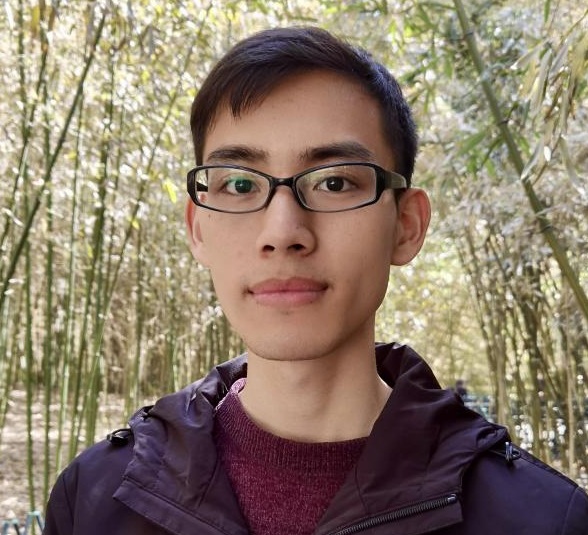
Zhiwu Wei is chosen the 2025 winner of the RSAI Dissertation Award for his PhD dissertation "Empirical Essays on Spatial Inequality".
The dissertation engages with one of the most pressing issues in contemporary Regional Science and makes an outstanding contribution, engaging with relevant theoretical work as well as robustly applying a range of quantitative and causal inference methods across multiple empirical contexts and countries. The research results are clearly presented and rigorously discussed in light of the current literature, demonstrating a deep understanding of both theory and empirical evidence. The dissertation provides novel insights into the causes and consequences of spatial inequality in both Global and Global South contexts. The findings provide valuable implications for place-sensitive policy design, particularly in addressing inequality and fostering inclusive regional development. Among the key findings of the dissertation is the identification of the causal impact of exposure to urban density during a person’s “impressionable years” on outcomes later in life, suggesting that more time in urban areas during these years makes respondents more supportive of immigrants and gender equality later in life. The dissertation also presents a new measure of spatial inequality for regions in Global South countries and examines its association with georeferenced social protests. The analysis suggests that regions with higher levels of spatial inequality experience more frequent protests. The research also examines the extent to which the Brexit vote triggered polarization in economic expectations and spending intentions between pro- and anti-Brexit voters and identifies strong polarization effects between these two groups. Another key highlight of the research is the analysis of the impact of the Brexit vote on regional aggregate consumption suggesting divergence in consumption of automobiles and housing transactions between regions with different shares of leave voters. Overall, the dissertation represents an extremely high-quality, relevant, and impactful contribution to the field of Regional Science and beyond.
Dr Wei was awarded his PhD (viva passed with no corrections) in Land Economy from the University of Cambridge in October 2024. He was supervised by Dr Davide Luca.
New 2027-2028 RSAI President elected: Prof. Janet Kohlhase
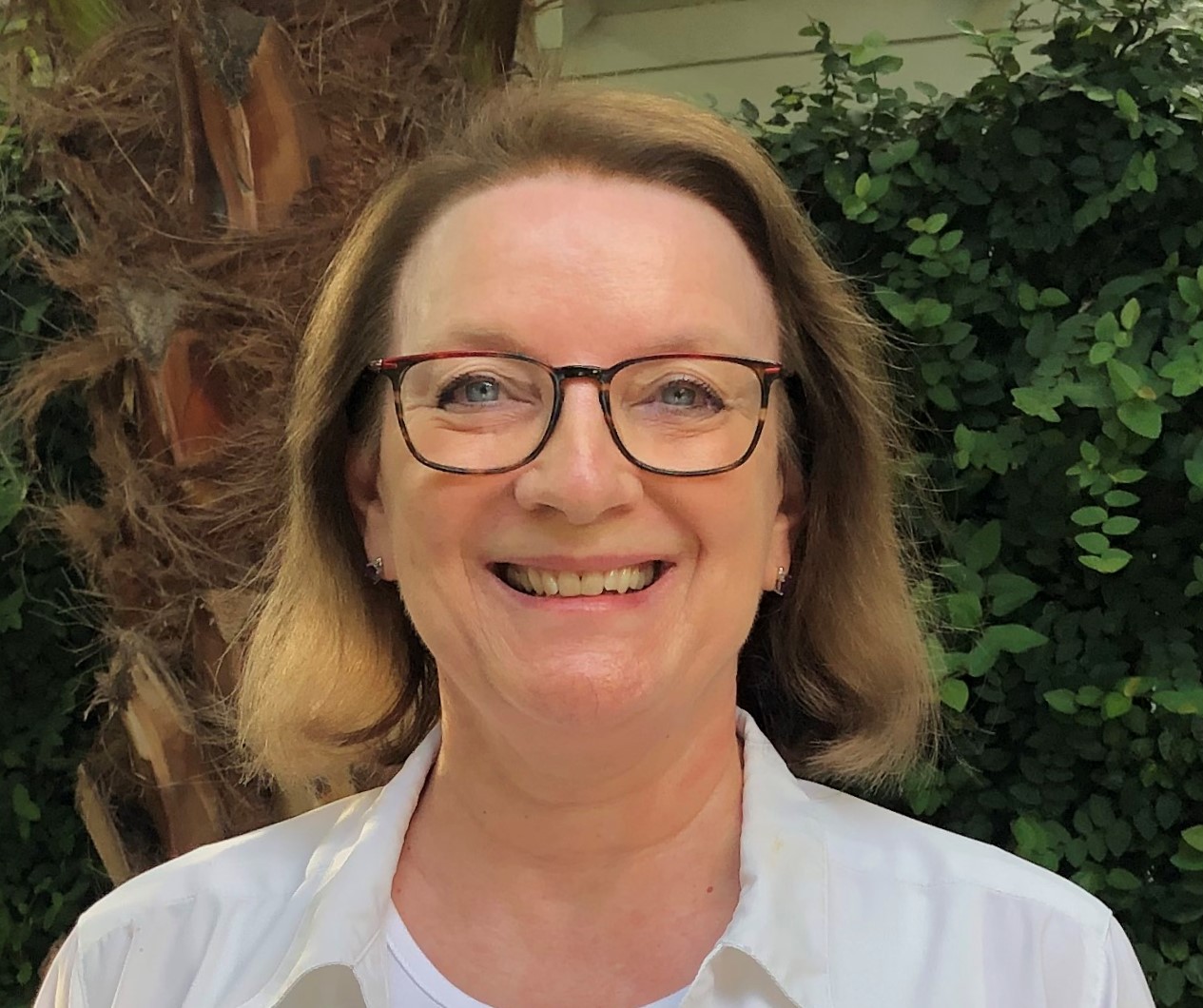 RSAI is excited to announce the appointment of Prof. Janet Kohlhase as the new President for the 2027-2028 term. She is from the Department of Economics at the University of Houston, US.
RSAI is excited to announce the appointment of Prof. Janet Kohlhase as the new President for the 2027-2028 term. She is from the Department of Economics at the University of Houston, US.
Congratulations! In 2026, she will assume the role of President-Elect and collaborate with Prof. Hiroyuki Shibusawa, the current RSAI President, to transition into the President position in 2027.
New LARSA and ERSA representatives (2026-2028) in the RSAI Council
New LARSA and ERSA representatives (2026-2028) in the RSAI Council
|
LARSA Representatives (2026-2028) |
ERSA Representative (2026-2028) |
|||||
|
Mauricio Oyarzo (University of Concepción (UdeC), Chile) |
Enrique Gilles (Colegio de Estudios Superiores de Administración, Colombia) |
Dimitris Kallioras (University of Thessaly, Greece)
|
||||
The Council warmly thanks the LARSA and ERSA representatives ending their term for their service:
Patricio Aroca, Universidad Nacional Andrés Bello, Chile
Carlos Azzoni, University of São Paulo, Brazil
Eveline Van Leeuwen, Wageningen University, Netherlands
About Us
The Regional Science Association International (RSAI), founded in 1954, is an international community of scholars interested in the regional impacts of national or global processes of economic and social change.

